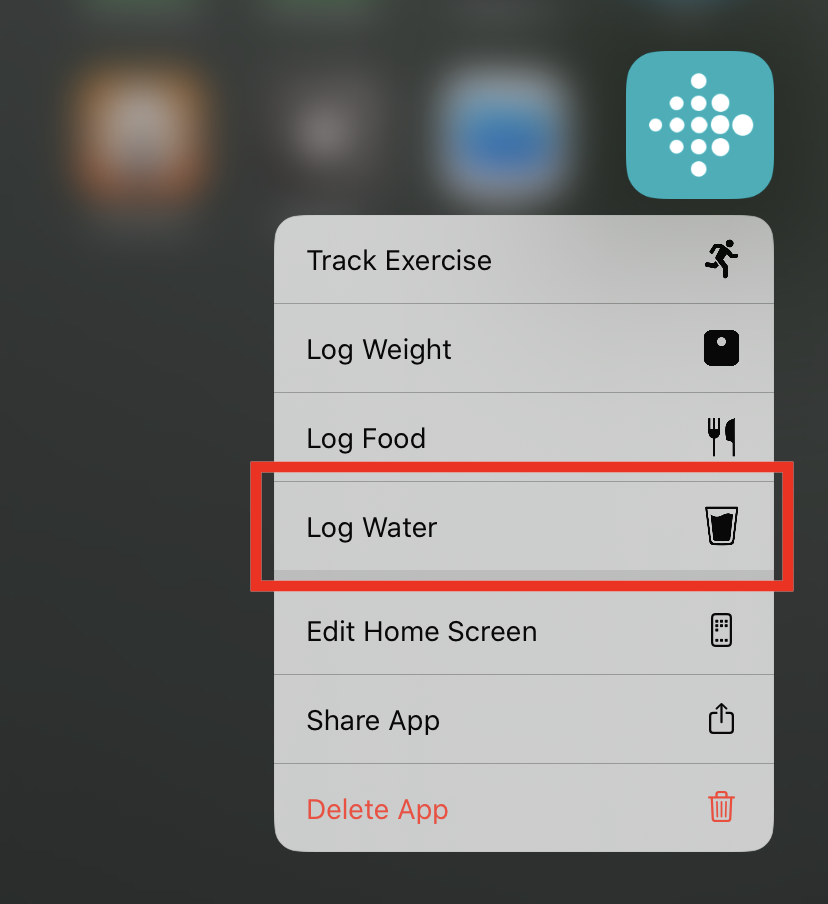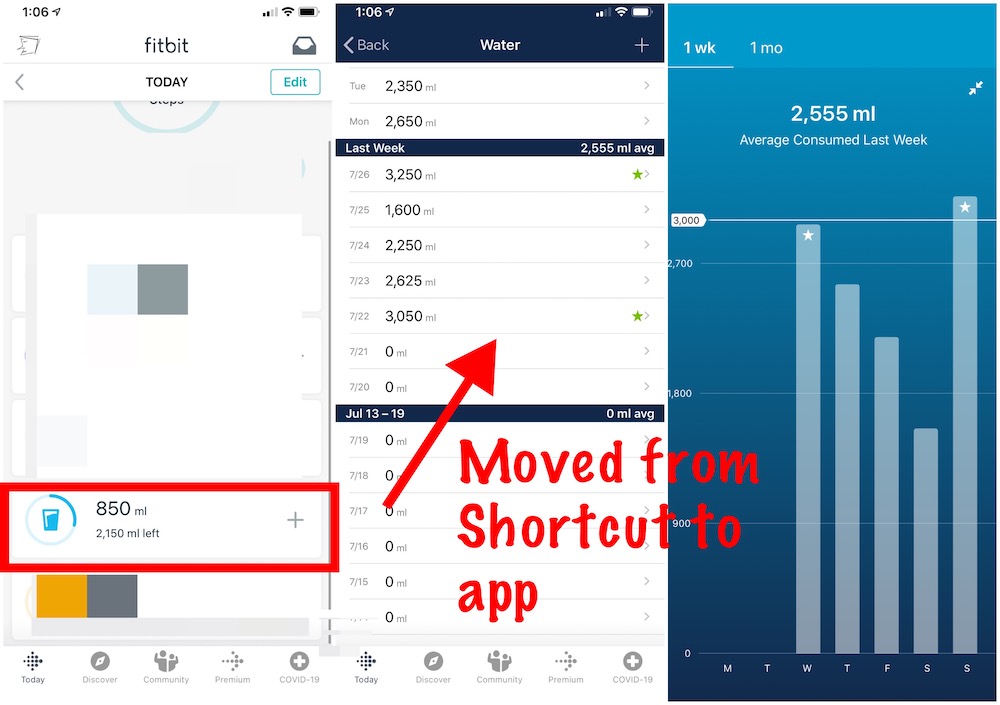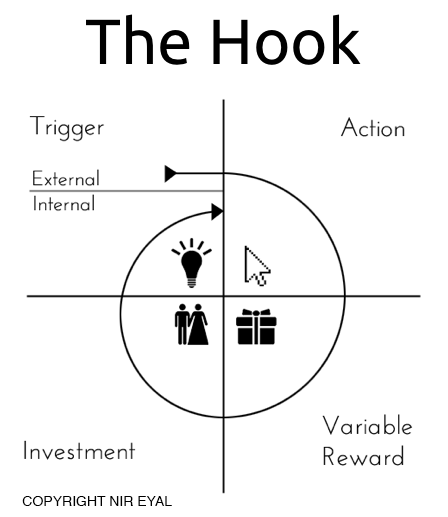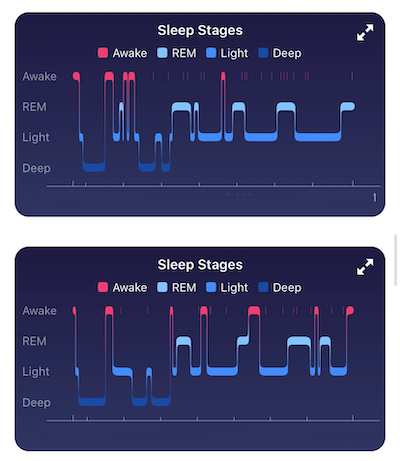(Part 1)
Another app I use in my routine that makes good use of feedback for motivation is Apple Books (formerly iBooks).
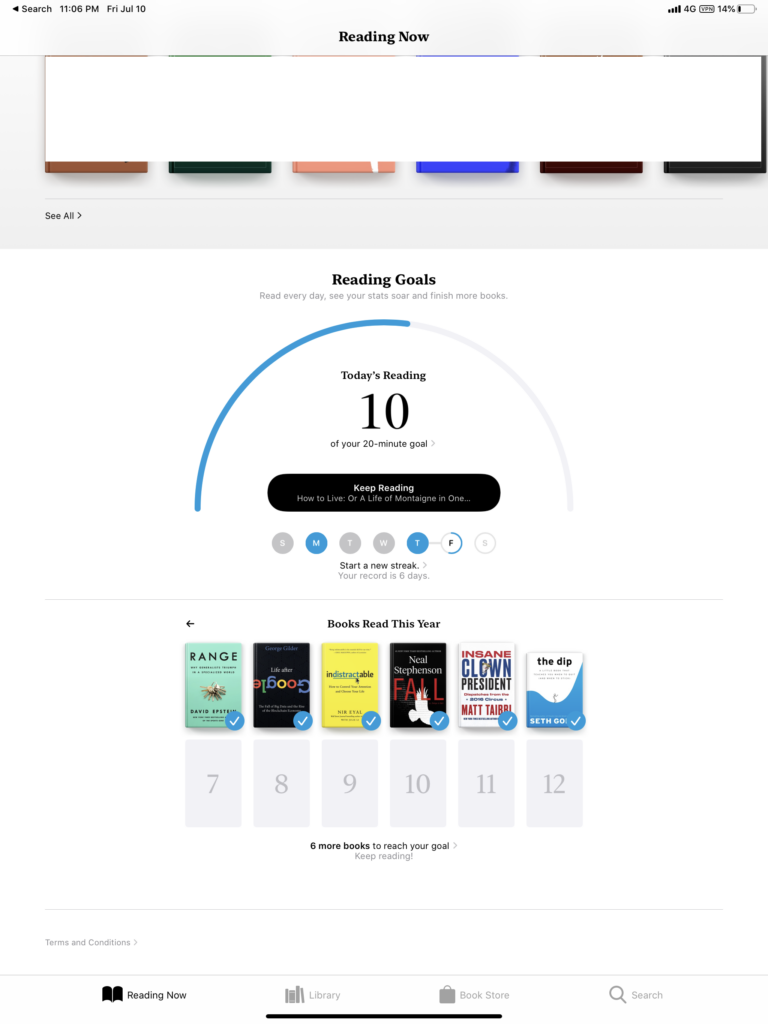
You can set a daily reading goal – I’ve set it to twenty minutes, even though I will get a little more done every day. The app then tracks this as you read over the day, and sends you a notification when you’re hit it.
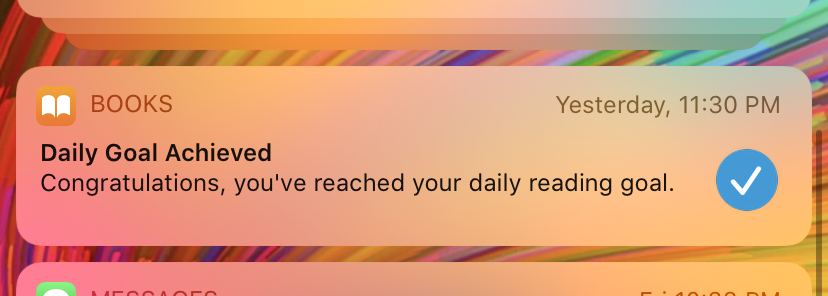
The app then logs streaks for the number of days that you’ve hit this goal. You can see this in the large screenshot at the top. For me, streaks are highly motivating [1]
Books also syncs daily reading across iOS devices. I could read in the balcony on my iPad, pace around reading on my iPhone when I’m winding down, and both will count towards a single reading goal. I’ll get the achievement notification on whatever device I happen to be using at the time.
Finally, you can also set a goal for the number of books you’d like to read in a year, and as you finish a book the app will add the cover to a virtual bookshelf. You can see this at the bottom of the large screenshot. While it’s certainly one way to get me to read more books on Apple Books than any other, it’s never going to cover all the books I read – some will be paper books, others audiobooks. I will, though, read books that I have bought on the Amazon Kindle bookstore in Apple Books (deDRM + Calibre) – to re-iterate, this is for books I’ve paid for.
These simple mechanisms promote good habits in a lightweight, low-stakes way. It’s a refreshing contrast to the dark patterns common throughout the internet.
[1] That works two ways. Because I find streaks a good motivator, I also find negative feedback, especially guilt, highly off-putting. A big reason I gave up learning a language on Duolingo was because it was highly streak-oriented, which was great, but if you missed a streak the app would surface icons and text stating how I’d made the Duolingo bird sad. For me, positivity works, negativity not at all.

